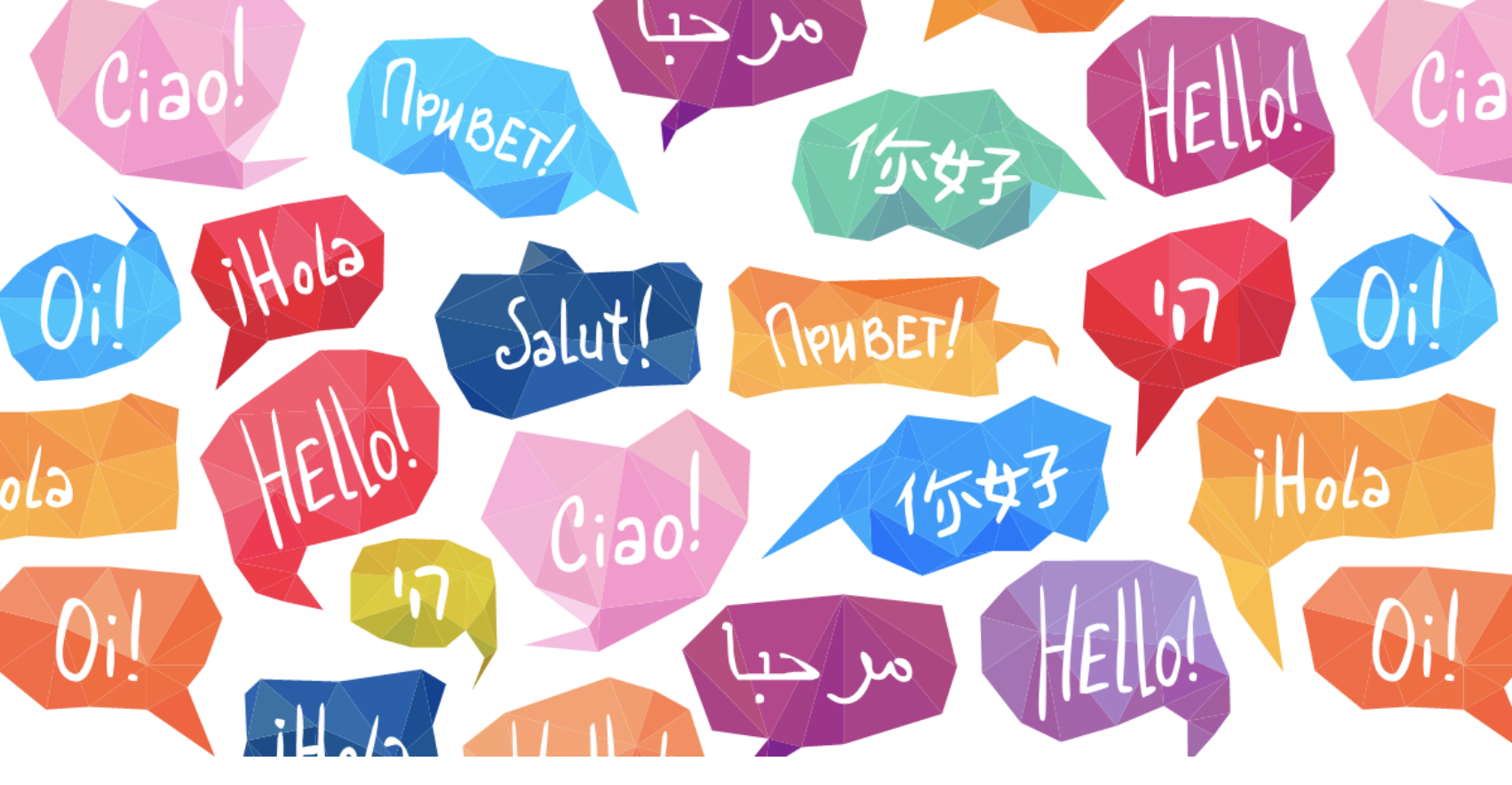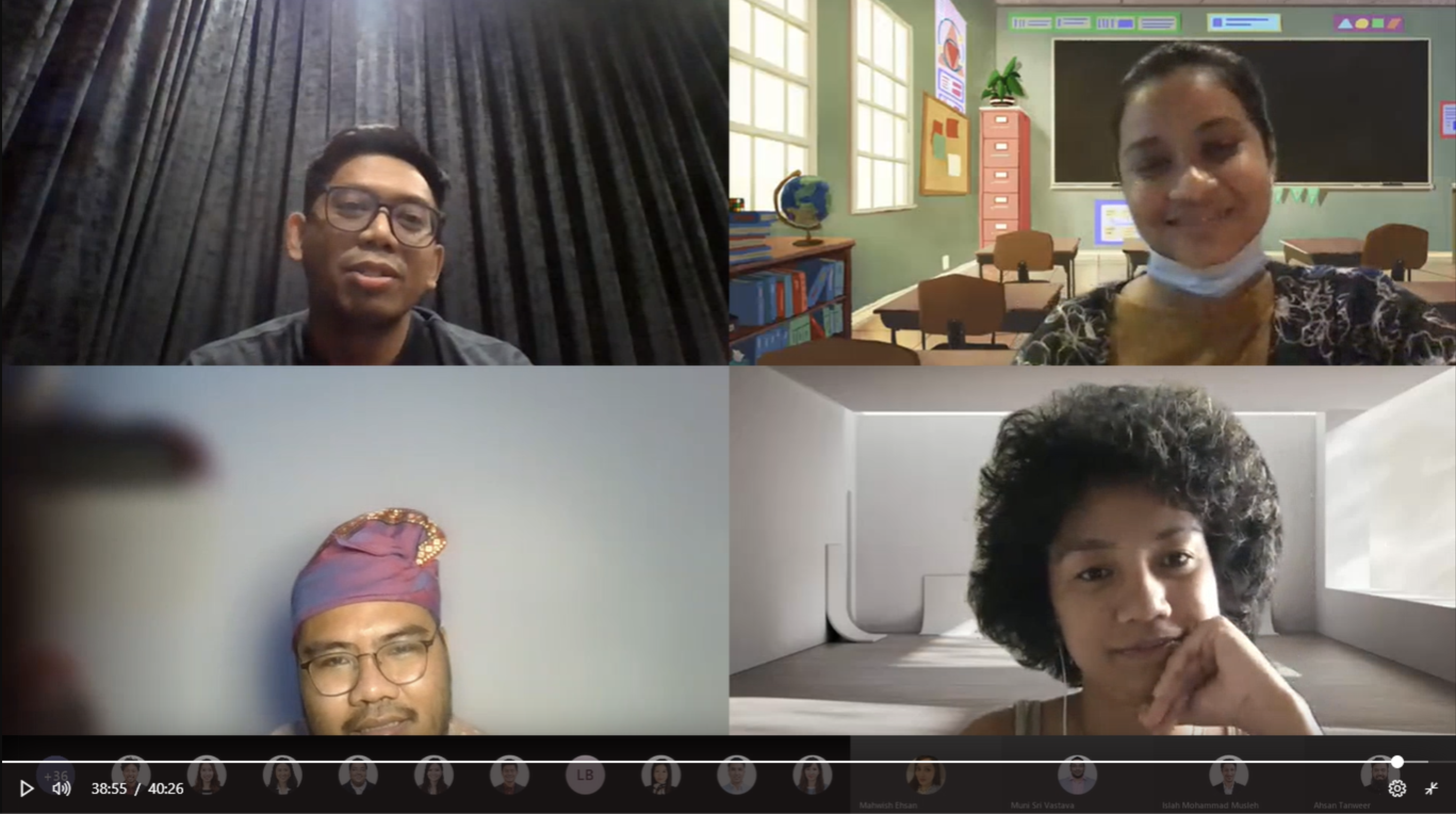
Joyful celebrations may not have their usual cheerful mood this year, and we can no longer gather to see parades and watch fireworks at night. Meanwhile, when we’re at work, we’ve also had to change the way we celebrate our talents’ country’s Independence Day.
Now, imagine celebrating five independence days in the same month: Pakistan (14th), India (15th), Indonesia (17th), Afghanistan (19th), and Malaysia(31st), all in August.
As most of our talents consider Malaysia as their second home, we thought it would be apt for us to learn their languages and cultures as well. Hence, we planned for our talents to learn languages spoken in each country such as Urdu, Telugu and Hindi, Indonesian, Pashto, and Malay.
To do that, we asked our talents from these countries to translate 10 phrases and teach us how to pronounce them.
The 10 phrases are:
- Hello
- What’s your name?
- I am…/My name is…
- Nice to meet you
- Thank you
- You’re welcome
- Please
- I’m sorry/Excuse me
- What is this?
- How do you say…?
On August 25, 2020, our talents from all over the world gathered for the celebration virtually. Interestingly, even though our lands are separated hundreds and thousands of kilometres from each other, our mother tongues reveal that we are much closer than we think.
What is the purpose of language? According to Brittanica, language is a system of conventional spoken, signed, or written symbols by means of which human beings, as members of a social group and participants in its culture, express themselves.
As human beings, we evolve and adapt over time. The same can be said about language: linguists would call it the evolution of language. It is the gradual change over time that involves the language’s origin and divergence of language families.
Hence, it was interesting to see and hear our talents talk about the similarities that their languages shared — how certain suffixes can be distinct features of a language. It’s also very encouraging when a native speaker tells you that you sound like a native when you manage to pronounce the phrases correctly.
There’s a saying by Nelson Mandela, “If you talk to a man in a language he understands, that goes to his head. If you talk to him in his own language, that goes to his heart.” When we asked our talents to be a language teacher for a day, they were grateful for the chance to expose their language with the rest of their family members at Forest Interactive.
Language, truly, is one of the ways to speak to someone in their mother tongue and to form genuine connections with them.
Related story: How Forest Interactive Continues To Uphold Festive Traditions In An Evolving Workplace
Like what you read? Visit our blog, and follow us on Facebook and Instagram for instant updates!


 Company Profile
Company Profile Brand Identity Guidelines
Brand Identity Guidelines